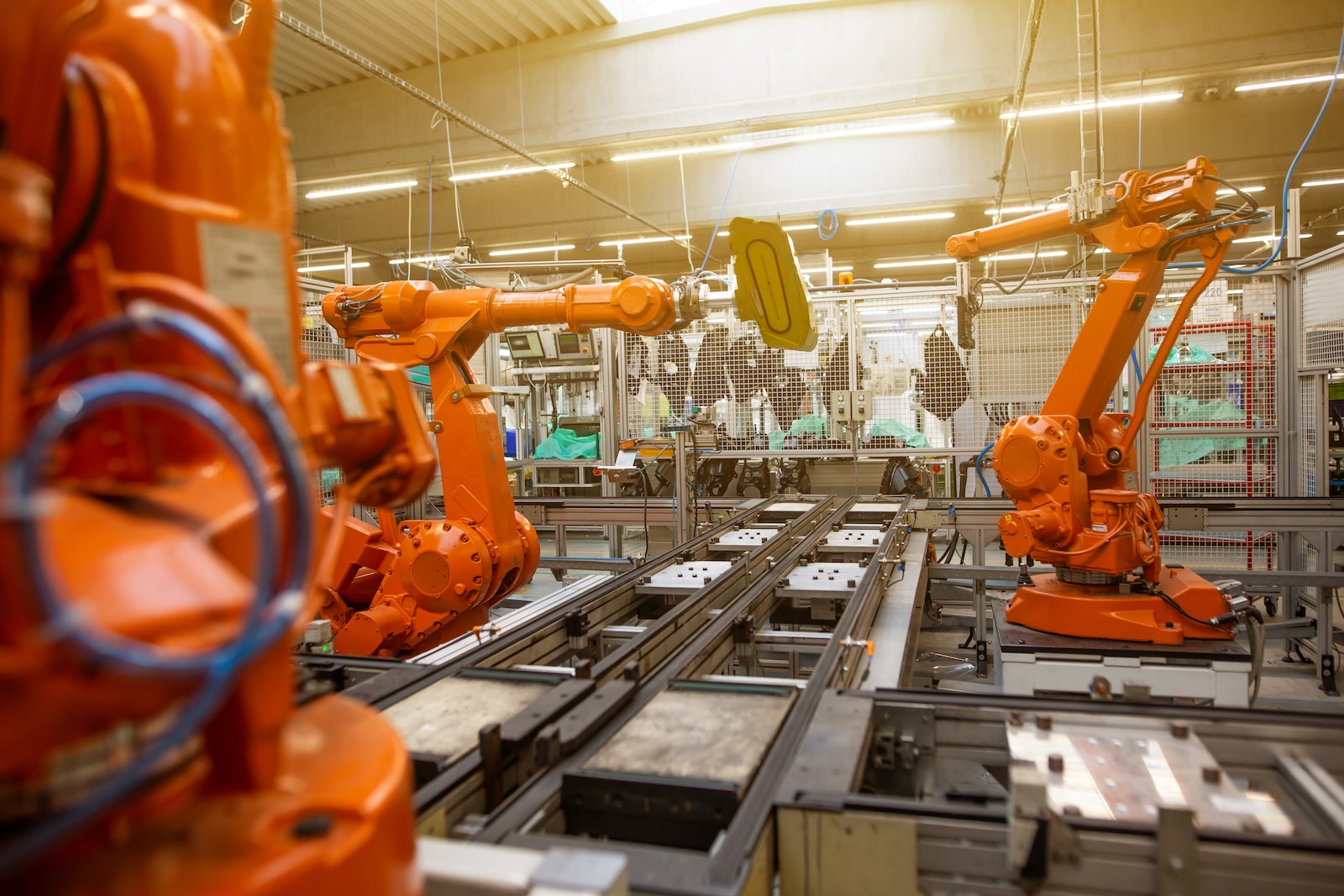
Photo by Simon Kadula on Unsplash
UAW Accuses Honda, Hyundai, and VW of Unfair Labor Practices
December 13, 2023
The United Auto Workers (UAW) union has lodged accusations of unfair labor practices against three major automotive manufacturers — Honda Motor, Hyundai Motor, and Volkswagen. These allegations point toward the purported infringement of worker rights in relation to union organization, as announced by the UAW recently.
As per the UAW’s claims, the managerial teams at Honda’s Greensburg, Indiana, plant; Hyundai’s Montgomery, Alabama, facility; and Volkswagen’s Chattanooga, Tennessee, unit have been illegally impeding workers’ attempts to unionize under the UAW banner.
“These companies are breaking the law in an attempt to get autoworkers to sit down and shut up instead of fighting for their fair share. But these workers are showing management that they won’t be intimidated out of their right to speak up and organize for a better life.”
Shawn Fain, UAW president, via CNBC
The UAW has accused Volkswagen of having “harassed and threatened workers for talking about the union; confiscated and destroyed pro-union materials in the break room; attempted to intimidate and illegally silence pro-union workers; and has attempted to illegally prohibit workers from distributing union literature and discussing union issues in non-work areas on non-work time.”
Honda and Hyundai have firmly denied these allegations, while Volkswagen has opted for a more neutral stance, emphasizing its commitment to a thorough investigation of such significant charges. The alleged malpractices include a range of activities, from covert surveillance of Honda workers to an outright prohibition and destruction of pro-union materials at Hyundai’s facility during non-working hours.
A Honda spokesperson stated in an email, “Honda encourages our associates to engage and get information on this issue. We have not and would not interfere with our associates’ right to engage in activity supporting or opposing the UAW.” Hyundai also made a statement, saying, “The union’s characterization of events in its press statement do not present an accurate picture, and we look forward to having a fair opportunity to resent the facts through our participation in the legal process.”
These accusations have been corroborated by documents provided by the UAW to CNBC, although the filings were yet to be publicly available on the National Labor Relations Board’s (NLRB) website. The alleged offenses are reported to have taken place over the past six months, as stated in the filings drawn up by Benjamin Dictor, an attorney from New York-based law firm Eisner Dictor & Lamadrid.
This development is hot on the heels of the UAW’s recent announcement of an ambitious campaign to organize workers at 13 nonunion automakers in the U.S., following the union’s successful negotiations of record contracts with the three Detroit automakers: General Motors, Ford Motor, and Stellantis.
During a recent webcast, the UAW shared more details about its new organizing strategy. They introduced a “30-50-70” strategy, outlining the different stages of union organizing based on the percentage of workers supporting the move. The UAW is scaling up its ambitions from the traditional “Big Three” to potentially what could be a “Big Five or Big Six,” hoping to significantly expand its reach before the current contracts with Detroit automakers expire in April 2028.
Despite UAW membership having dwindled from about 700,000 in 2001 to 383,000 in 2023, the UAW seems determined to reinvigorate its presence across the industry.
Recent News
Media Giants Depend on Sports As Content Shortages Rise
As Hollywood emerges from last year’s strikes, major media companies are turning to live sports to attract audiences and advertisers. This trend was evident during this year’s Upfront presentations, where media giants showcased their upcoming content and advertising opportunities.
New Trader Joe’s Opens in SF After 10 Years
San Francisco’s Hayes Valley neighborhood welcomed a highly anticipated new addition on May 17, 2024, with the grand opening of a Trader Joe’s at 555 Fulton St., on the corner of Laguna Street. This event marks the end of a decade-long wait for residents who have been eagerly looking forward to a new grocery store in their area.
China’s Property Market Boost: Stocks Surge, Copper Hits Highs
The Chinese government unveiled a comprehensive support package that has sent ripples through financial markets. This initiative includes a slew of measures aimed at stimulating housing demand and addressing the excess inventory burdening developers. The immediate impact was a significant rally in Chinese stocks and a surge in commodity prices, notably copper, which hit record highs.
Mercedes-Benz Workers in Alabama Reject Union
In a pivotal moment for autoworkers in the southern United States, employees at a Mercedes-Benz plant in Alabama have voted against joining the United Auto Workers (UAW) union. The outcome, with 56% of workers voting against unionization and 44% in favor, comes as a significant setback for the UAW’s efforts to expand its influence in the region.

